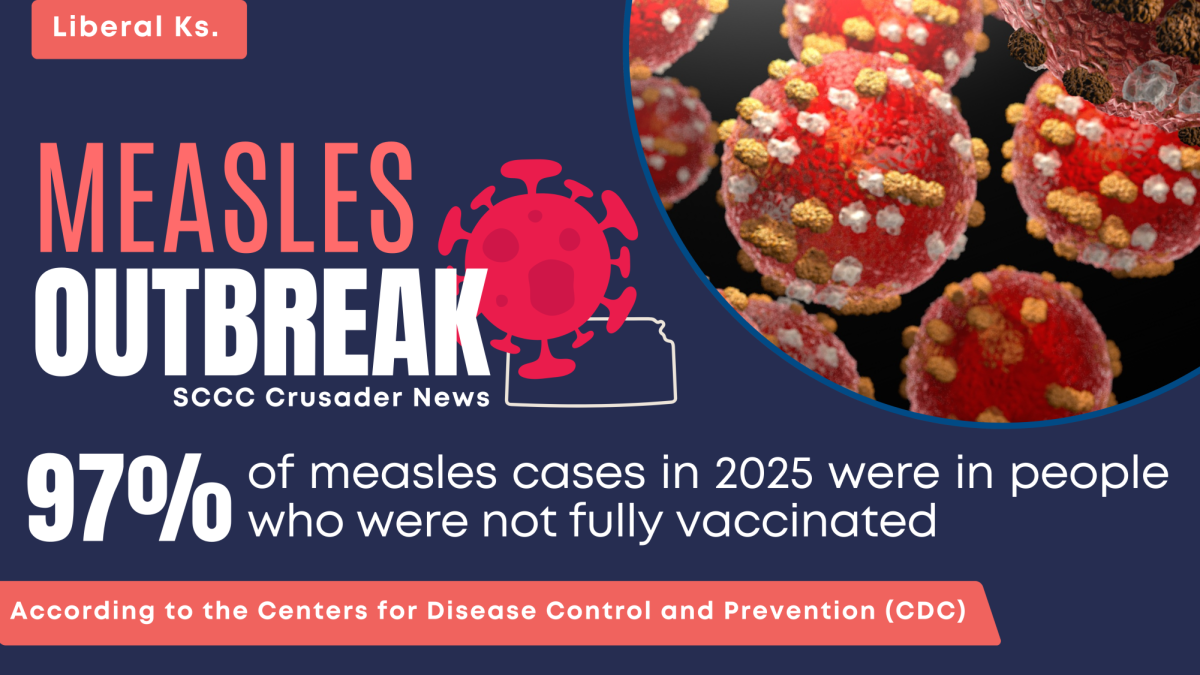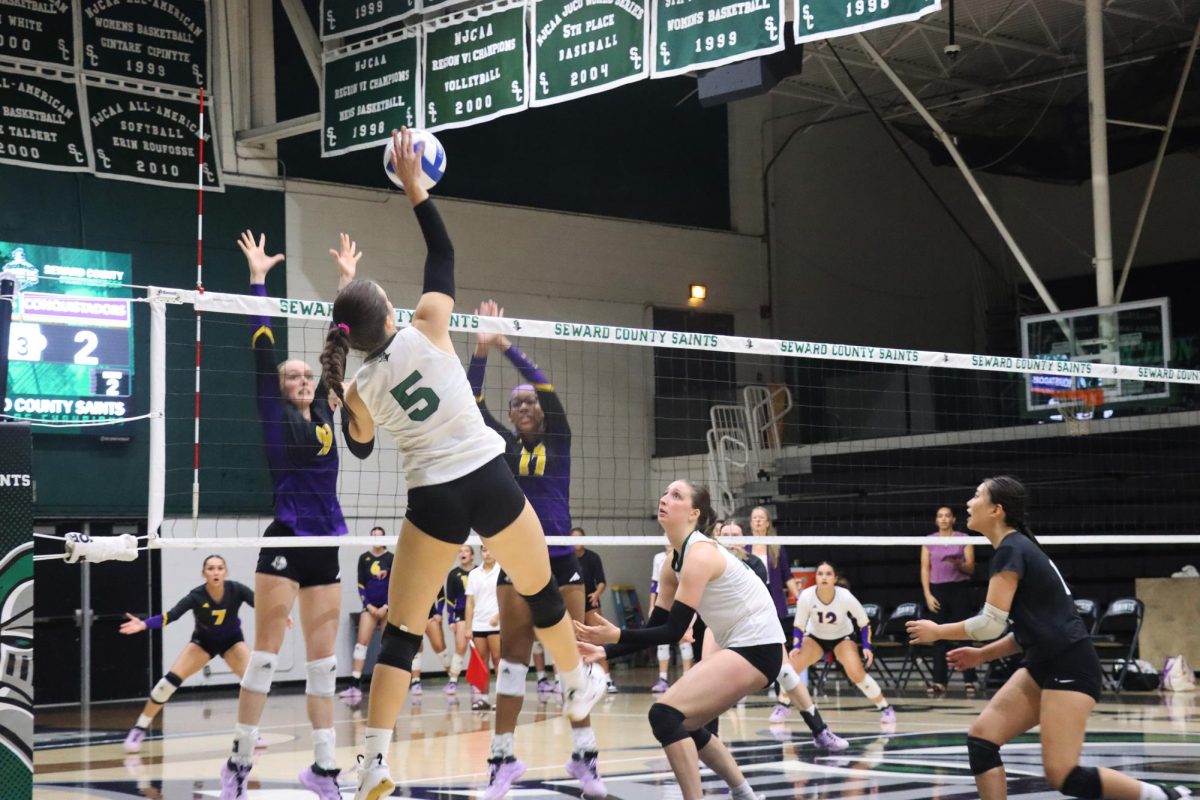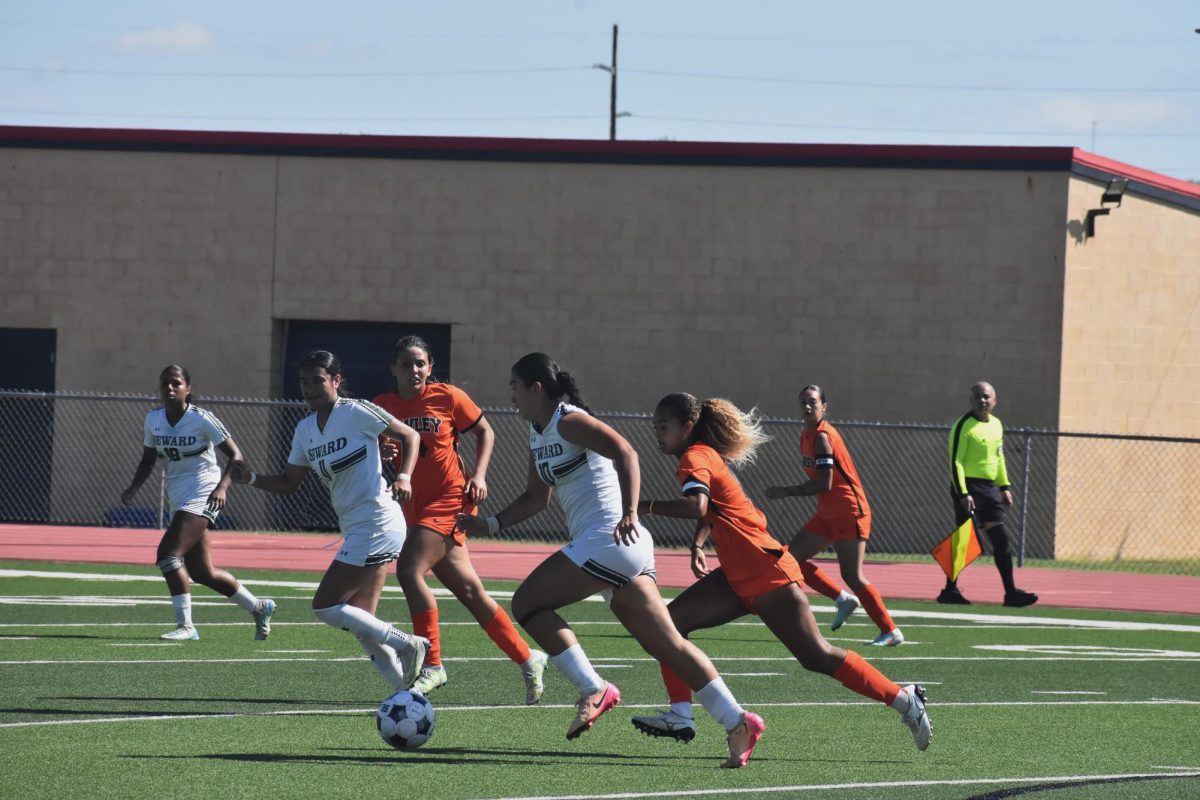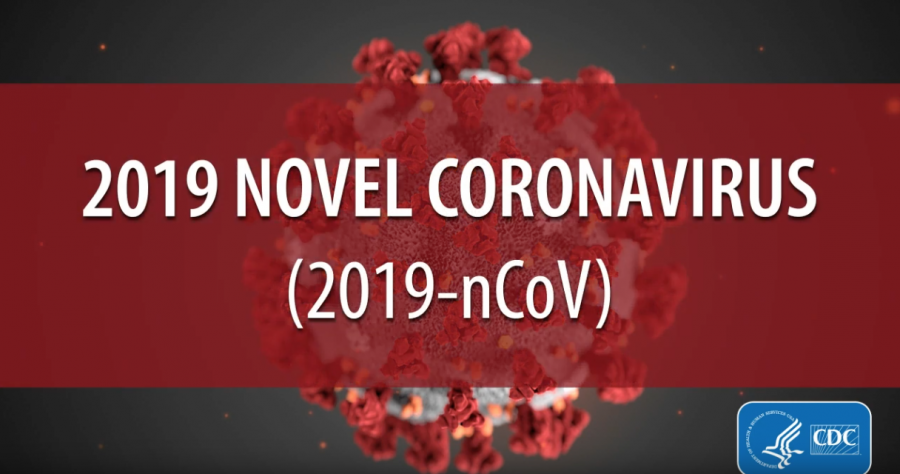Coronavirus: what is it and what’s happening?
Everything you need to know about the Coronavirus outbreak
The Coronavirus was first detected in Wuhan, China. To prevent from spreading the infection, it is recommended that you wash your hands, stay home if symptoms arise and wear a mask if possible.
March 5, 2020
As some students prepare to travel during spring break, ticket prices or itinerary plans aren’t the only things causing worry.
As of March 3, a new coronavirus that was first detected in Wuhan, China, has now been detected in 70 international locations. Constant media coverage and the number of cases rising, has caused a worldwide caution. However, how severe is the virus and is the public’s response inflated?
Suzanne Campbell, Seward County Community College dean of allied health, says coronaviruses have been around for many years, but the newest one is being highlighted in the media because of the outbreak in China.
Coronaviruses, which were first identified in the 1960s, are viruses common in people and in many species of animals. The newest virus has been named Severe Acute Respiratory Syndrome-Coronavirus Two, (SARS-CoV-2), and the disease it causes has been named “Coronavirus Disease 2019” (abbreviated “COVID-19”).
According to the World Health Organization (W.H.O), SARS-CoV-2 is zoonotic, meaning it can be transmitted between animals and people. Specifically, the Centers for Disease Control and Prevention (C.D.C) reports COVID-19 originated in bats.
According to the C.D.C, early on, many patients in Wuhan had some link to large seafood and live animal market, suggesting animal to person spread. From there, the virus spread airborne from person to person.
The incubation period, the time from initial exposure to signs of symptom, for the COVID-19 is two weeks. According to the W.H.O, common signs of infection include respiratory symptoms, fever, cough, and shortness of breath.
Similar symptoms occur with the flu. Martha Brown, Seward County Health administrator, compares and contrasts the Flu and COVID-19.
“The coronavirus is similar to the flu because they are both viruses. However, the flu can cause many more complications and deaths,” Brown said.
Campbell said people can take simple precautions to lower their risk of being infected. “Like anything infectious, you can help prevent the spread of the virus by good hand washing, covering your cough, avoid touching your face, avoid sick people, and staying home and resting if you have any symptoms,” Brown said.
Other than basic precautions and rest, Melissa Parker, a registered nurse, explains wearing surgical masks isn’t protecting you from the virus. “Surgical masks keep one’s germs to themselves, they do not stop germs from coming in. But if I had the coronavirus, wearing a mask could help stop the transmission,” Parker said.
The sales of surgical masks have skyrocketed, but there is a fine line between need and panic. Many companies have sold out of surgical masks which not only affects infected patients but for hospitals and clinics that need them for daily duties.
Jerome Adams, United States Surgeon General, urged the public to stop buying surgical masks due to shortage. “They are not effective in preventing the general public from catching coronavirus, but if health care providers can’t get them to care for sick patients, it puts them and our communities at risk.”
While there have been confirmed cases on the west coast, the C.D.C reports most people in the United States have little to immediate risk of exposure. However, the Kansas Department of Health and Environment (K.D.H.E) encourages Kansas colleges and universities to be aware, plan, and educate their students and staff on the virus.
No matter the location, Campbell says those with a compromised immune system are at risk of being infected. “Those who are at a higher risk include children, because the immune system isn’t quite developed, the elderly population, because the immune system doesn’t work as it’s supposed to, and those with diabetes, an autoimmune disorder, or are being treated with chemotherapy because their immune system is not intact.”
“Most of the general population has an immune system that is intact and fully functioning. So if you experience symptoms, it is most likely self-limiting, which means you may feel sick for a few days but will recover on your own,” Campbell added.
Currently, there is not an immunization for the COVID-19, but antiviral medications, isolation, and quarantine have shown to help patients recover.
For more information, the C.D.C, the W.H.O, and K.D.H.E have updated details and resources.














![The sophomores were recognized on the field instead of walking across the stage during their doubleheader. They received their diplomas and a picture of themselves playing during their career at Seward. [Pictured left to right are Dylan Day, Reed Thomas, Jase Schneider, Mason Martinez, Gannon Hardin, Brody Boisvert, and Zach Walker]](https://crusadernews.com/wp-content/uploads/2022/05/WEBDSC_0275-900x454.jpg)


































































